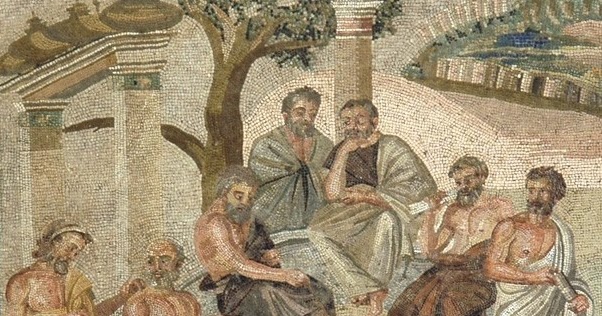By Ben Potter In many ways Isocrates is the forgotten man of Classical Greece. As a product of Athens’ Golden Age, he was a contemporary of Plato, Euripides, Sophocles, Aristophanes, Aristotle, et al,… just without their fame or everlasting glory. And it’s not that he didn’t deserve it. Indeed, a case can be made that



